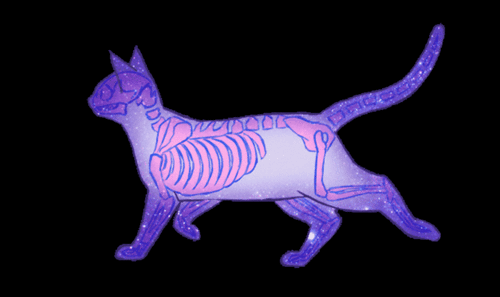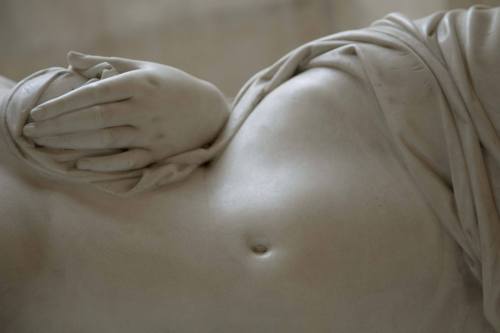Chelsychacon - The Art Of Chelsy Chacon

More Posts from Chelsychacon and Others
threw together a quick little narrated video showing the Photoshop layer breakdown for my Valentina piece! It’s actually a pretty simple process when you get down to it 👌🏼


Breaking Down Objects by zephy.fr
Support the artist and follow them on instagram!


This is how it should have been 😭💔
⭐️ Art by Twitter: dn_stardust ⭐️
Hey this is kind of miscellaneous, but as a replacement for fanboy/fangirl, i coined fanby (alt spelling: fanbie or fanb) and fanenby (alt spelling: fanenbie). Distinctly queer, as it's derived from nb/enby (nonbinary), but can be used as a gender-neutral term as well. Can be used as a direct replacement for either fanboy or fangirl (i.e. used as a noun, verb, wherever fanboy/fangirl would go)
New words are always welcome :) added!

18 by Theo Inglis

A friend lent me her Copic and it was awesome! Designs of original characters, expect to see more of them! working on the project for portfolio 😏 #drawing #originalcharacter #copic

tfw building a new empire gives u neckpain so u gotta subtly drop hints to your >6'4" husband that u wanna be kissed







Book and magazine illustration was historically an environment very populated by women in times in which they weren’t allowed the same room for artistic education, exposure and professional careers as cis men artists. Even though the Golden Age of illustration brings usually the names of the “fathers” of the artform, many women developed artistic styles that added new significance to storytelling. Still, it’s important to note that the environment was still a place of great privilege and only few women (especially white women with enough means) were able to find sustainable work in the industry in the XIX and early XX century. Some of the women showcased here became historically relevant many years after they passed, having awards named after them, becoming firsts to enter artistic halls of fame, creating networks for employment that outlived them, and being included in “gay-themed history tours” that recognized their lives, among many other legacies.
These are the few artists showcased here: Eleanor Vere Boyle (1825-1916), Josephine Pollard (1834-1892), Kate Greenaway (1846-1901), Alice Bolingbroke Woodward (1862 — 1951), Jessie Willcox Smith (1863 – 1935), Isobel Lilian Gloag (1865–1917), Helen Stratton (1867-1961), Elizabeth Shippen Green (1871 – 1954), Violet Oakley (1874 – 1961), Anne Anderson (1874 — 1952), Jessie M. King (1875—1949), Elenore Plaisted Abbott (1875–1935), Ruth Mary Hallock (1876-1945), Florence Susan Harrison (1877-1955), Mabel Lucie Attwell (1879-1964), Rie Cramer (1887-1977), Margaret Tarrant (1888-1959), Ida Rentoul Outhwaite (1888—1960), Dorothy P. Lathrop (1891—1980), Cecile Walton (1891—1956), Margaret Tempest (1892-1982), Wanda Gág (1893-1946), Jennie Harbour (1893-1959), Virginia Frances Sterrett (1900—1931), Adrienne Segur (1901-1981), Janet Grahame Johnstone (1928 – 1979) and Anne Grahame Johnstone (1928 – 1998), Trina Schart Hyman (1939-2004) and Kinuko Y. Craft (1940).

EDIT:
It has come to my attention that this post has been reblogged by some terf blogs (I’ve already blocked). Make no mistake, I don’t welcome terfs on my posts (or my blog, for that matter).
In my intention to share some of the artists I was studying during March 8th, I didn’t realize that people could take my inclusion of these often forgotten artists as an exclusion of others. The fact that trans illustrators and visual artists in history haven’t been as acknowledged as cis artists doesn’t mean they weren’t there, it’s a reflection of how systematic gender oppression acts on history and what it upholds.
It was my mistake to not see that this selection could imply exclusion, and even if not my intention, it’s not a possibility I’m willing to let people entertain. Therefore, I added now some trans visual artists and illustrators who were contemporary to the ones I included prior: Lili Elbe (1882-1931), Ovartaci (1894 – 1985), Anton Prinner (1902-1983), Michel Marie Poulain (1906-1991), Jeffrey Catherine Jones (1944-2011), El Kazovsky (1948-2008).
I also want to include a couple of resources on current trans inclusive platforms that house artists through history as well as current illustrators that you can check out right now:
Queer Art History: curated currently by Baylee Woodley (she/her/hers or they/them/theirs), this site includes a category on Transgender & Gender Non-Conforming art, which goes through different historical periods and mediums.
Women Who Draw: this directory and platform is trans-inclusive, it also houses trans and gender non-conforming illustrators currently working.
If you want to include more artists, you’re welcome to do so!

Louis Veray, (1885), detail of La Moissoneuse endormie Ph. Gerard Hermand

| Visual Developer, Character Designer & Illustrator | Feel free to contact me chelsychacon@gmail.com
224 posts